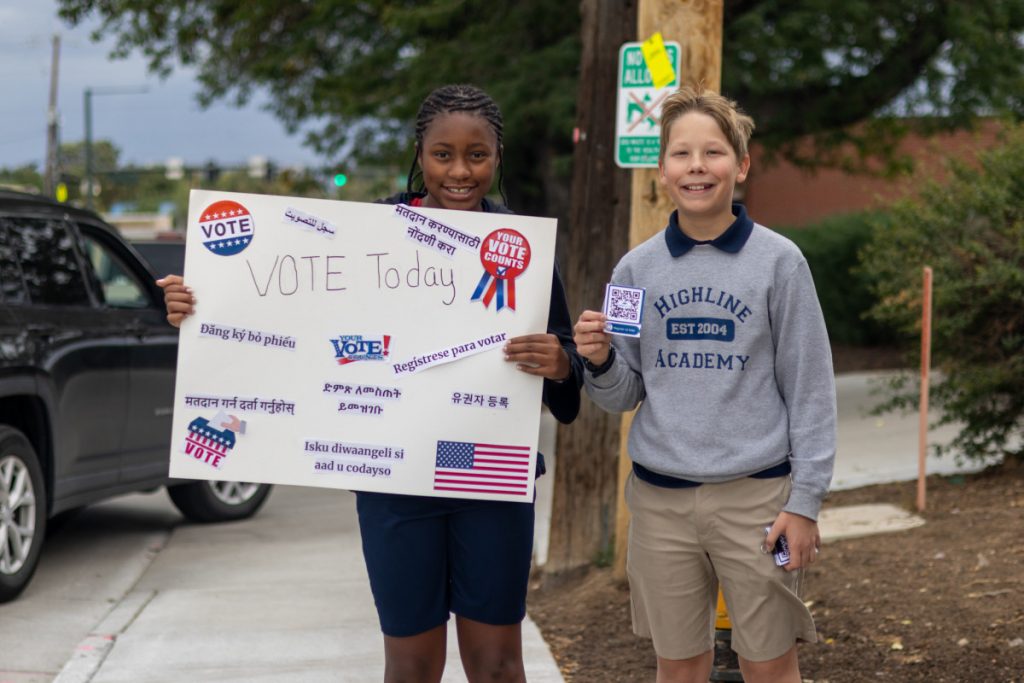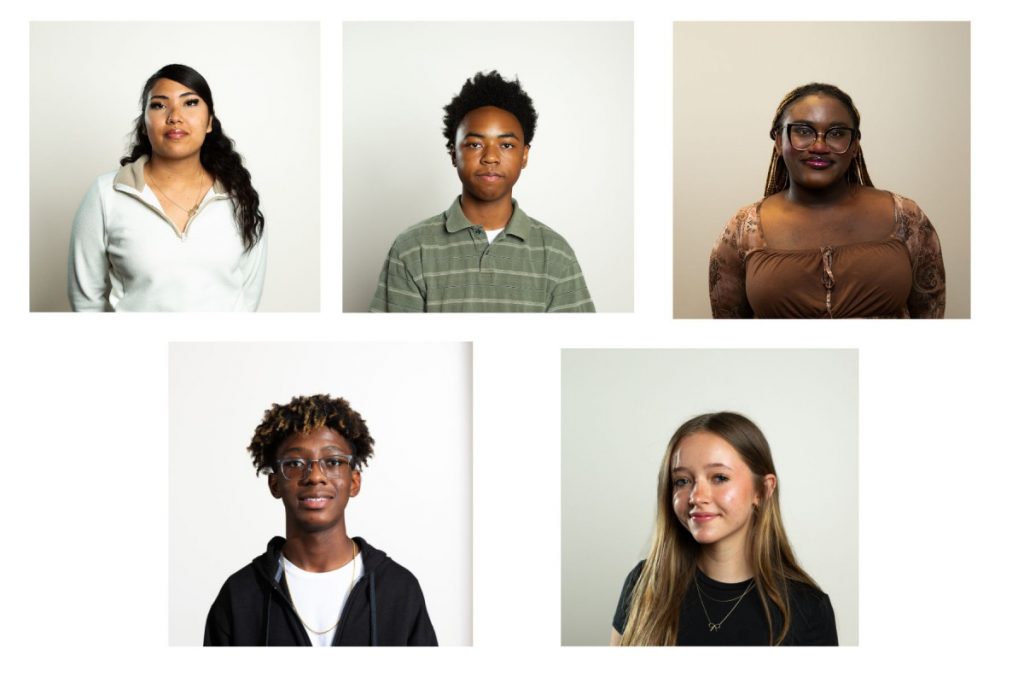Voters sent a clear message to Denver Public Schools last week that they are done with the dysfunction of the school board and want the board to focus on safety and success for students.
John Youngquist, Kimberlee Sia and Marlene De La Rosa won by large margins, promising to focus on building safe and effective schools without interpersonal board drama.
While the new board may remain deeply divided with the new board members in the minority, the momentum towards having a new board majority and agenda is strong and growing. The magnitude and pace of the board’s new agenda will depend entirely on who leads the board.
While you might think the current board members would retain their current board president Xóchitl Gaytán, it appears there may be a significant split among the returning four members. There are some signs that Carrie Olson, the former board president in her last term, might decide to switch ‘teams.’
Olson could join the new board members to retake the helm or support one of the new members to become board president. If this happens, it will likely lead to some significant changes in Denver this school year.
If Olson chooses not to join the newly elected members and instead continues to support Gaytán or leans into Michelle Quattlebaum or Scott Esserman to become the new board president, I believe there will still be change this year but not nearly as dramatic.
If the incumbent board retains its current leadership, the new board members will have a harder time finding the votes to implement the agenda they have promised voters but will still yield a great deal of power if they can peel off individual board members on specific topics.
So, what might happen this school year if Carrie Olson partners with the newly elected school board members? Six likely areas of change:
- Leadership change. Superintendent Alex Marrero has been looking for a new position for nearly a year. If the three new board members have Olson as a partner, Marrero will either accelerate his search for a new job or may even be pushed out. Everyone knows his most recent evaluation was a joke and the only people that seem to think he is performing well are the board incumbents that praised his Trump-like self-evaluation. My guess is that we will have some clear signs of Marrero’s direction by late February.
- Innovation zones and schools saved. While the former board had innovation zones and schools as their primary target for removal, a new board will back off and may even provide more support for innovation schools if the data and evidence suggest the schools warrant support. There will be a rebalancing given more autonomy to schools from the recent trend to centralize and standardize all school programing and structures.
- Embrace of a new school performance rating system. Denver has been in a state of limbo for four years as the district dropped the former Denver school performance framework and adopted the existing state framework, which is imprecise and has metrics driven by student demographics rather than school performance. I suspect the new board will demand that the district have tools to measure school quality to manage the district’s resources and direction.
- Improved strategic plan, metrics and transparency. The outgoing school board spent little to no time discussing how Denver schools were serving district students. There has been a practice to hide performance failures and challenges by only reporting academic averages, obscuring how poorly students of color and low-income students were being served by DPS. The new board members will push for plans, strategies and reporting that is focused on all groups of students and shed light on how each group of students is doing.
- Greater community input. Marlene De La Rosa and the other two new board members ran on a platform of greater school input into decisions by the district and the board. The recent trend of limiting community input at board meetings and having less engagement on a host of issues from school closures, resource allocation and school autonomy will be reversed.
- Tough Decisions. Denver, like most other big urban districts, has difficult decisions to make regarding shifting demographics and shrinking enrollment. The current board and superintendent have mismanaged several closure processes, pushing off important decisions. While the new board will also have great difficulty managing these changes, each new member has a deep knowledge and experience with these issues which should make it easier for them to oversee processes and decisions. The new board members understand the consequences of not acting on a rightsizing for the district schools and services.
If Olson chooses not to join her new colleagues and stays with her unpopular colleagues, I suspect Denver’s community leadership, the mayor, city council, and voters will grow even more frustrated. The Resign DPS Board group and others will grow in strength and may be able to force one of the board members to resign or be recalled.
At the very least there will progress made on many of these fronts even if Superintendent Marrero sticks around for the 2024-25 school year, and I’m confident he will not last beyond next year.
The upcoming school board vote for its new president will be as consequential last week’s school board election. Denver will be watching.




